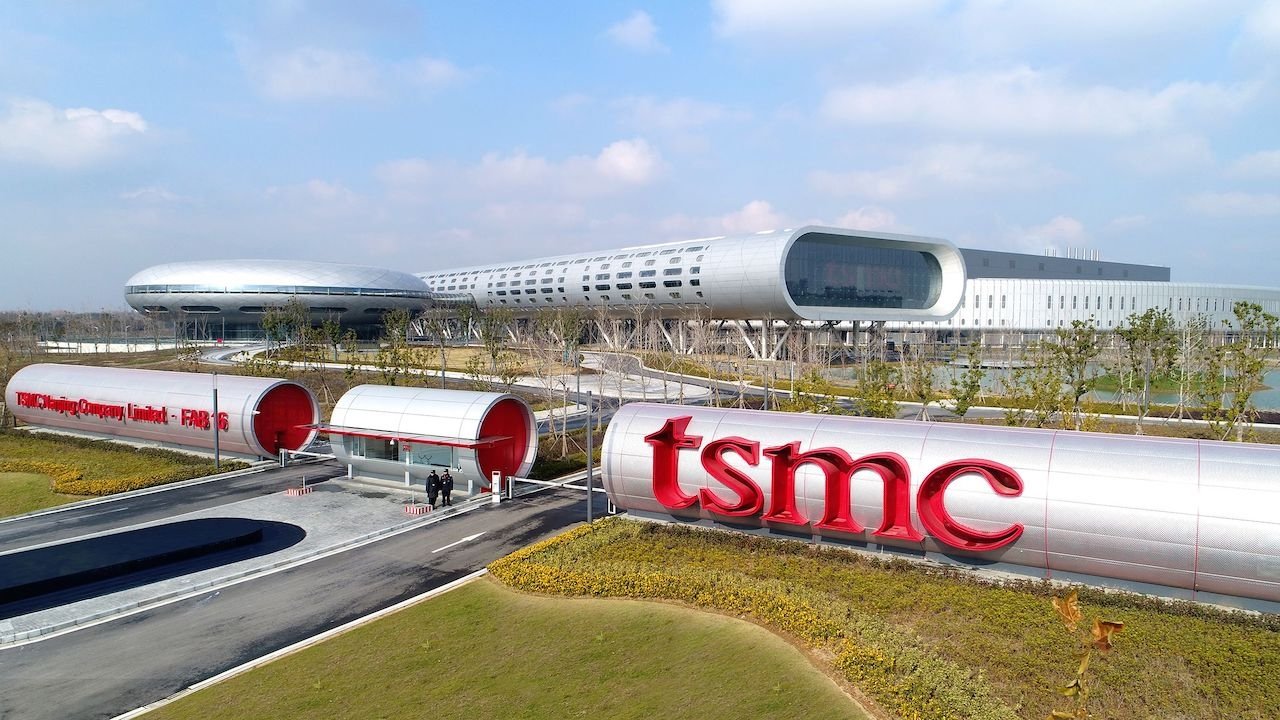TSMC thinking about moving some operations to Japan amid growing China tensions
Chip manufacturers, including Apple supplier TSMC, have begun considering moving a portion of their manufacturing to Japan as US/China tensions continue to escalate.

Credit: Taiwan Semiconductor Manufacturing Co.
Seven chipmakers have met with Japanese prime minister, Fumio Kishida, to discuss moving some portion of their operations to Japan. The announcement comes ahead of a G7 summit in Japan, where economic stability is expected to be a core topic.
Among those meeting with Kishida is Taiwan-based TSMC, the world's largest semiconductor foundry. TSMC is responsible for creating all of Apple's processors.
However, due to mounting geopolitical tension, the company could see investors pulling out if it does not move at least a portion of its manufacturing out of Taiwan.
According to the Financial Times on Thursday, TSMC has expressed interest in investing more money and resources into Japan after it had agreed to build a new plant in Kumamoto.
Along with TSMC, Samsung, Intel, and Micron have also expressed interest in building plants in Japan.
Japan's minister of economy, trade, and industry, Yasutoshi Nishimura, has said the Japanese government would use 1.3 trillion yen from its supplementary budget to support pledges made by foreign chipmakers.
Separately, TSMC was reported in December 2022 to have tripled its investment in a new chip factory in Arizona. More recently, the firm has criticized American workers and also suggested that its plans for further US expansion may be halted over tax issues.
Read on AppleInsider

Credit: Taiwan Semiconductor Manufacturing Co.
Seven chipmakers have met with Japanese prime minister, Fumio Kishida, to discuss moving some portion of their operations to Japan. The announcement comes ahead of a G7 summit in Japan, where economic stability is expected to be a core topic.
Among those meeting with Kishida is Taiwan-based TSMC, the world's largest semiconductor foundry. TSMC is responsible for creating all of Apple's processors.
However, due to mounting geopolitical tension, the company could see investors pulling out if it does not move at least a portion of its manufacturing out of Taiwan.
According to the Financial Times on Thursday, TSMC has expressed interest in investing more money and resources into Japan after it had agreed to build a new plant in Kumamoto.
Along with TSMC, Samsung, Intel, and Micron have also expressed interest in building plants in Japan.
Japan's minister of economy, trade, and industry, Yasutoshi Nishimura, has said the Japanese government would use 1.3 trillion yen from its supplementary budget to support pledges made by foreign chipmakers.
Separately, TSMC was reported in December 2022 to have tripled its investment in a new chip factory in Arizona. More recently, the firm has criticized American workers and also suggested that its plans for further US expansion may be halted over tax issues.
Read on AppleInsider

Comments
https://www.csis.org/analysis/what-us-one-china-policy-and-why-does-it-matter
It is also true that the voters in Taiwan, a vibrant democracy, support Taiwan's independence more than unification, but mostly, the status quo.
https://www.newsweek.com/taiwan-china-politics-identity-independence-unification-public-opinion-polling-1724546#:~:text=In%20a%20biannual%20update%20to,formal%20Taiwanese%20independence%20at%20the
Seems definitely no on unification with the PRC.
But hey, FAFO.
So, that's a definite "no" on peaceful unification, leaving the PRC to potentially force Taiwan to unify.
https://www.voanews.com/a/biden-s-taiwan-comments-raise-questions-about-us-stance-/6754684.html#:~:text=In%20an%20interview%20Sunday%20night,take%20over%20Taiwan%20by%20force.
Seems that you don't do nuance, nor do you do facts.
You communists just can't figure it out.
Once people taste freedom, nothing else comes close. 98.7 percent of the population, according to polls, do not want to be unified with China. Again, those are the facts. That leaves aggression by the PRC's PLA as the only option for unification, and that is not acceptable to many of the countries in the West, especially of the U.S., Australia, and Japan.
https://cset.georgetown.edu/article/how-chinas-united-front-system-works-overseas/
Either up your game, or leave and let some other party member take a shot at it.
Literally everything on policy mentioned in the article (including 'malign influence') can be attributed to US activities too.
It is how geopolitics work.
The pot calling the kettle black.
Oh, and a note to both you and avonb7; this guy can actually be contacted if you want to argue policy;
Waveparticle, you need to find another line of work, because you can't change the facts;